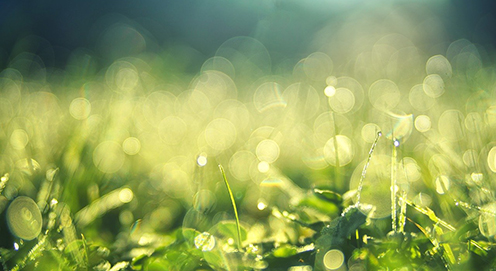
FERTICYCLE
New bio-based fertilisers from organic waste upcycling.
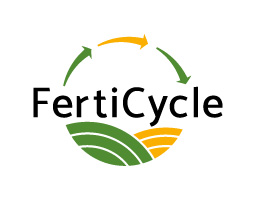
The EU is heavily import dependent for more than 90% of the nonrenewable phosphorus and synthetic nitrogen fertilisers consumed. This has large economic cost (more than €15 billion/y) and negative environmental impacts from fertiliser production and use. European farmers and fertiliser industry therefore urgently need techniques for increasing substitution of synthetic with waste-derived nutrients formulated into high-quality, bio-based fertilisers to fulfill the EU action plan on circular economy. However, this requires research into new processing, application and assessment and more innovative and entrepreneurial scientists capable of meeting these future needs – FertiCycle aims to to fill this gap.
PhD Fellows
FertiCycle will train 15 PhD fellows (Early Stage Researchers) who are clustered in five work packages according to the focus of their research, as illustrated in the figure below.

Click each fellow to get more information.
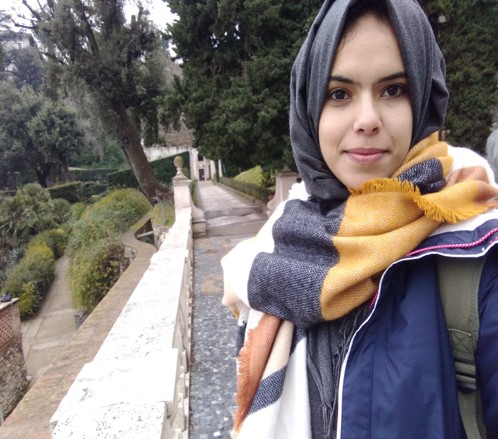
Contact: jihane.elmahdi@wur.nl
Country of origin: Morocco
Project: Improving fertilising properties and reduction of emissions from dairy excrements by novel manure management strategies.
Place of Enrollment: Wageningen University, Netherlands
Principle Supervisor: Prof. Peter Groot Koerkamp
I come from EL JADIDA, a beautiful costal city in Morocco. I am an agricultural engineer, and a MSc in organic agriculture with main interest in soil fertility. Being a PhD student in WUR is a dream that came true, and I hope it would be my first step to Academia.
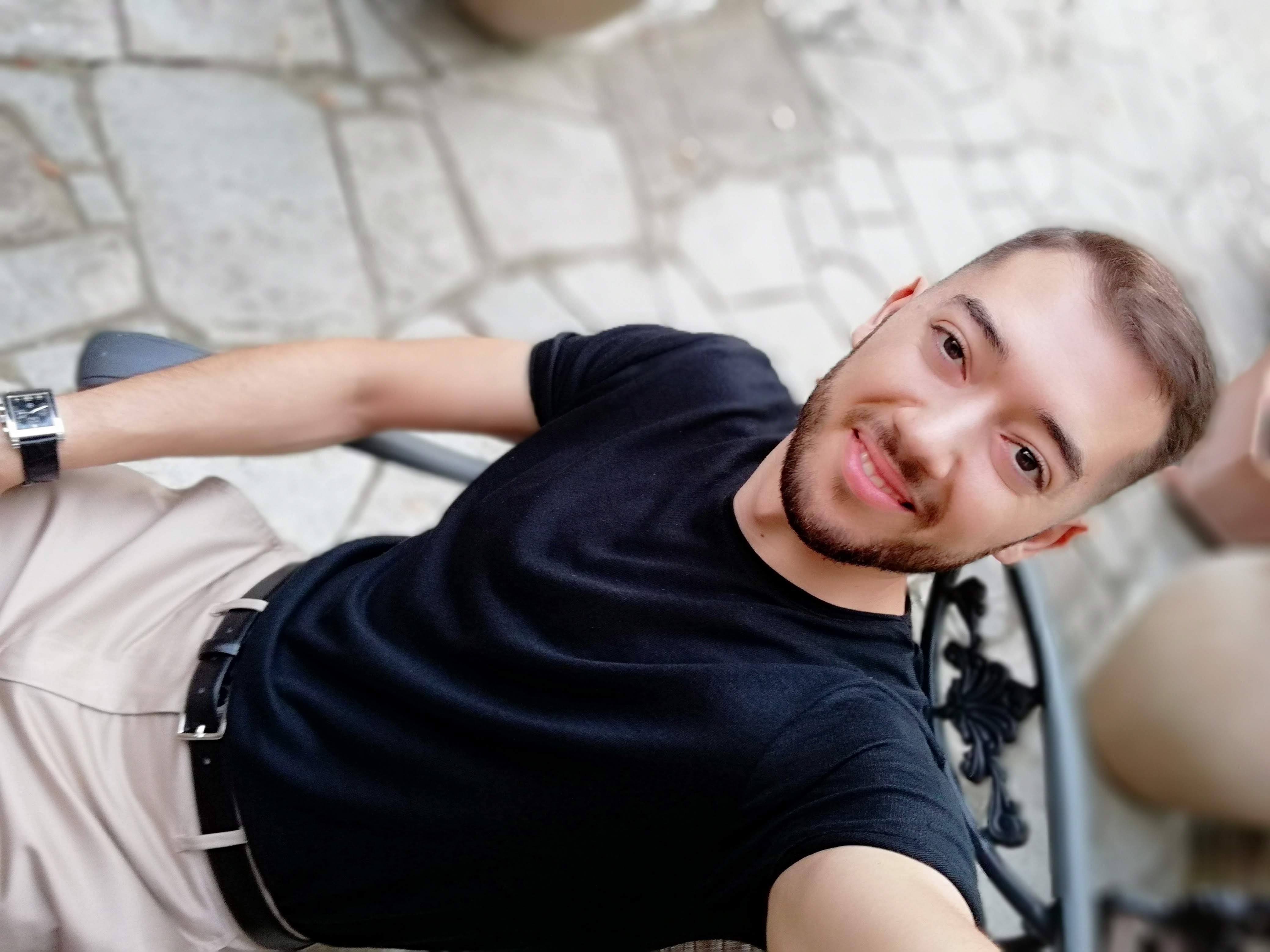
Contact: schrysanthopoulos@isa.ulisboa.pt
Country of origin: Greece
Project: pH modification of animal manures as tool for reducing emissions and improving fertiliser value.
Place of Enrollment: University of Lisboa, Portugal
Principle Supervisor: Prof. David Fangueiro
I am a Greek PhD student, currently living in Lisbon, Portugal. I hold an MSc degree in horticulture which reflects my passion for plants. In the Netherlands, I obtained an MSc degree in Biobased Sciences from Wageningen University. My internship placement as well as several projects I was involved in the Dutch environment allow me to further improve my skills in the Bio-based fertilizer sector.
The research areas I specialize are: Circular economy, waste upcycling and sustainable manure management.

Contact: jn@agro.au.dk
Country of origin: Kenya
Project: Designing pre-treatment and anaerobic digestion of bio-wastes for higher crop nutrient utilisation.
Place of Enrollment: Aarhus University, Denmark
Principle Supervisor: Senior Researcher Peter Sørensen
I am a Kenyan currently living in Denmark. Previously I worked at Kenya Plant Health Inspectorate Service (KEPHIS), Kenya as Analytical Chemist. I hold a Msc. Analytical and Environmental Chemistry (Kenya) and Msc. Climate Smart Agriculture (Ethiopia).
My research interest areas includes; organic fertilizers for increased agricultural productivity, environmental remediation of pollutants and climate change adaptations and mitigation.
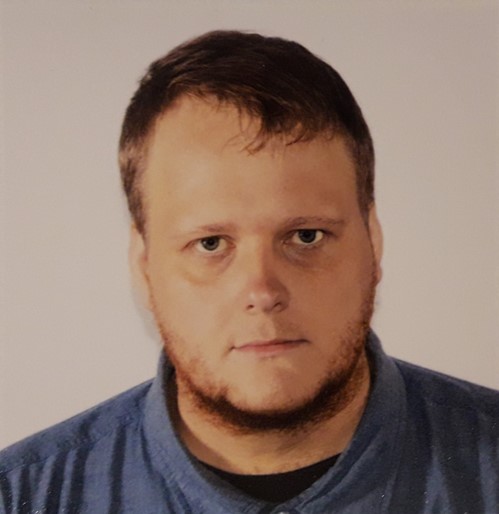
Contact: tomas.sitzmann@unito.it
Country of origin: Paraguay
Project: Designing novel peat-free organo-mineral fertiliser production from recyclables.
Place of Enrollment: University of Torino, Italy
Principle Supervisor: Professor Carlo Grignani
I come from Paraguay, where I studied agro-industrial engineering and agronomy. I worked in extension with small farmers and as a teacher before going to the US to get a master´s degree in Soil Science. I am interested in nutrient cycling, soil management, and soil health.

Contact: HellenLuisa.DeCastroeSilva@UGent.be
Country of origin: Brazil
Project: Using upstream AD process-control to achieve minimal content of undesired trace elements.
Place of Enrollment: Ghent University, Belgium
Principle Supervisor: Prof. Erik Meers
I am a Brazilian living in Ghent, Belgium. I am chemistry technician and also graduated in Environmental Engineering with master in Environmental Sciences and Water Resources. I developed researches in the area of wastewater treatment and optimization of biogas production. Currently, I am a PhD from the Ghent University and I will work with the control of trace elements in bio-refinery business concepts.

Contact: clara.kopp@plen.ku.dk
Country of origin: Germany
Project: Enhancement of nutrient availability from biowaste ashes, chars and precipitates.
Place of Enrollment: University of Copenhagen, Denmark
Principle Supervisor: Assoc. Prof. Dorette Müller-Stöver
I am from Germany and did my Bachelor and Master degree in agriculture at the University of Hohenheim. During my studies I spend some time in Sweden and Canada. I started working with recycling fertilizer during my master thesis on long-term compost fertilization.

Contact: khan.wali@wur.nl
Country of origin: Pakistan
Project: Development and assessment of new and rapid analyses and test procedures of bio-based fertilizers.
Place of Enrollment: Wageningen University, Netherlands
Principle Supervisor: Prof. Peter Groot Koerkamp
I come from Pakistan, where I received an MS in Electronic Engineering. I formerly lectured at the GIK Institute, in Pakistan. I have enrolled in Wageningen University since October of 2020, in Farm Technology. I am eager to learn new things such as image processing and michaine learning techniques to solve real world problems.

Contact: mario.alvarez@usys.ethz.ch
Country of origin: Guatemala
Project: Investigation of the circulation of nutrients in the soil, especially phosphorus, and the effectiveness of organic fertilizers. Use of isotopic monitoring techniques.
Place of Enrollment: ETH Zürich, Switzerland
Principle Supervisor: Prof. Emmanuel Frossard
I am a Guatemalan PhD student, currently living in Switzerland. Previously, I did my undergrad and masters in Env. Science, and tried to learn a lot about contaminants and remediation. Also, I worked some years as a consultant for env. affairs in Agribusiness.
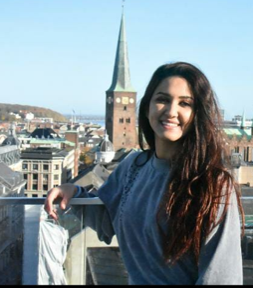
Contact: y.zireeni@bangor.ac.uk
Country of origin: Israel
Project: The role of sulphur in nutrient supply from processed slurry and digestates
Place of Enrollment: Bangor University, Wales, UK
Principle Supervisor: Prof. David Chadwick
I am an Israeli-Arab/Palestinian early stage researcher (ESR).
Formerly I worked as an agronomist for the Israeli ministry of agriculture, as lecturer and translator for the economic cooperation foundation (ECF), and as a tutor at agricultural high school.
I graduated from the Robert H. Smith Faculty of Agriculture, Food and Environment, the Hebrew University of Jerusalem
BSc. and MSc. in soil and water sciences
In my spare time I try to learn or develop new hobbies, exercise or visit beauty shops. I love travelling, food, science and art.
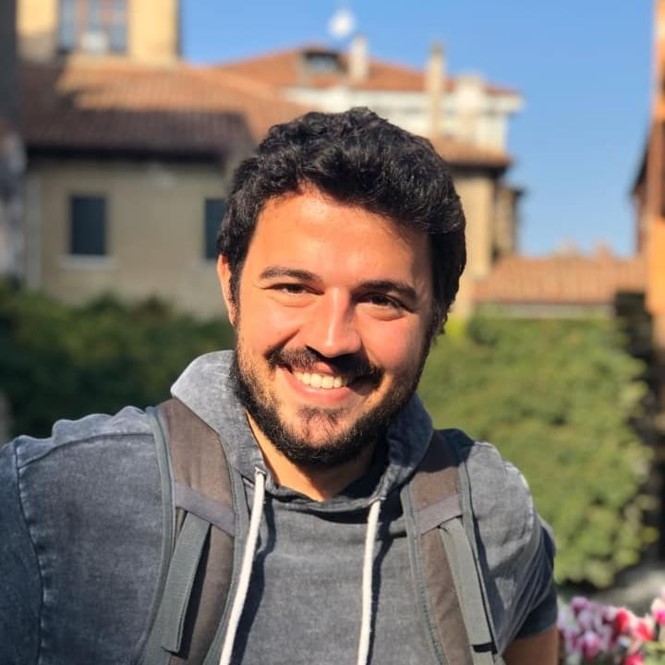
Contact: pietro@plen.ku.dk
Country of origin: Brazil
Project: The optimization of use and application of biobased fertilizers, with focus on plant response to the placement of P-rich biowastes.
Place of Enrollment: University of Copenhagen, Denmark
Principle Supervisor: Prof. Jacob Magid
I am Brazilian with Italian blood. I graduated in Agronomic Engineering at the University of Sao Paulo in 2018, having two international experiences in the US and Spain, where I worked on researches on the treatment of agricultural wastes.
I got a dual MSc degree in Crop & Soil Sciences from the University of Georgia (USA) and in Sustainable Agriculture at the University of Padova (Italy). My masters work was the genetic, agronomic, and nutraceutical characterization of Italian bean landraces.
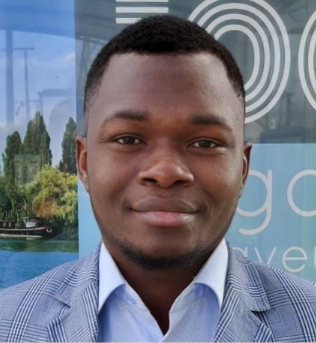
Contact: lelenda.kebalo@inrae.fr
Country of origin: Togo
Project: Modeling the effects of bio-based fertilizers on productivity and soil/air/water quality of different cropping systems in peri-urban agriculture.
Place of Enrollment: INRAE, France
Principle Supervisor: Research Director Sabine Houot
MSc soil science and plant nutrition
MSc soil management and ecosystem services
Organic farming supervisor

Contact: maja.rydgaard@plen.ku.dk
Country of origin: Sweden
Project: Calculating life cycle inventory factors and life cycle assessments of bio-based fertilisers.
Place of Enrollment: University of Copenhagen, Denmark
Principle Supervisor: Prof. Sander Bruun
I am from Sweden and have an MSc in Environmental Engineering. Apart from my home country, I have studied in Spain and Canada. I wrote my Master Thesis on the production of biofuels and I have previously also worked with material sciences in food packaging at Tetra Pak.
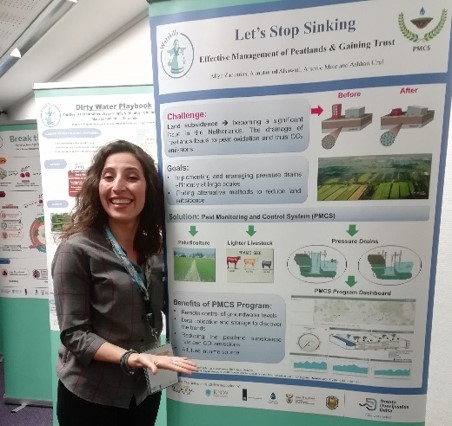
Contact: aslihan.ural@wur.nl
Country of origin: Turkey
Project: Modelling the effects of bio-based fertilisers use on surface water pollution at catchment and European scales.
Place of Enrollment: Wageningen University, Netherlands
Principle Supervisor: Prof. Carolien Kroeze
Environmental engineer, 2 MSc.s on water quality management
Engineer and policy advisor at the Ministry of Forestry and Agriculture (5 yrs)
PhD in Wageningen in Water Systems and Global Change Group
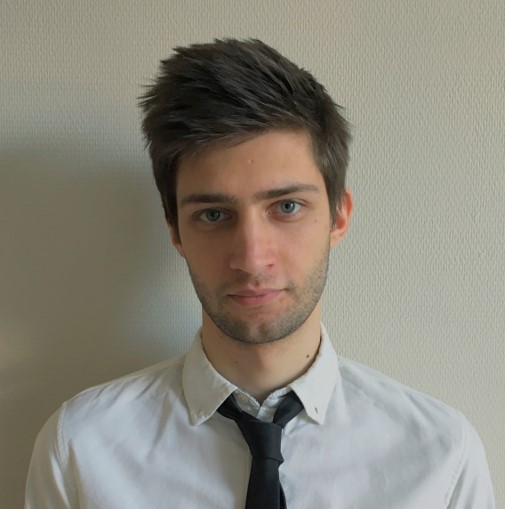
Contact: Egor.Moshkin@unitedexperts.be
Country of origin: Russia
Project: Potential market development and cost-benefit analyses for organic waste based fertilisers,
Place of Enrollment: United Experts, Belgium
Principle Supervisor: Senior Consultant Dirk Coucke
Degree in Economics from St.Pete University (Russia)
Degree in Business Administration from KU Leuven (Belgium).
Previously worked for couple of years as a Business Consultant at PwC Russia, dealing with corporate structuring, pricing and policy analyses.
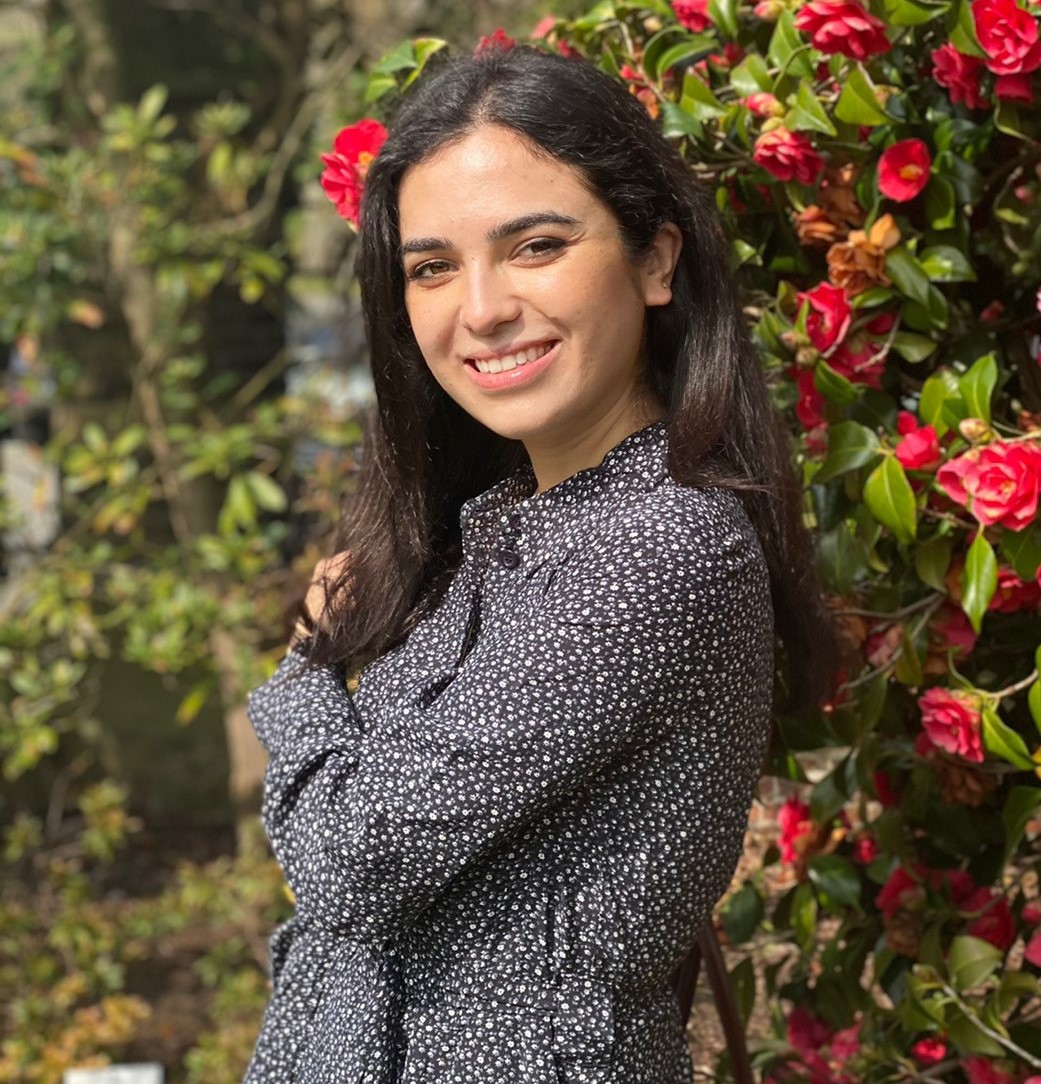
Contact: Samaya.ElHajjHassan@UGent.be
Country of origin: Lebanese Republic
Project: Economic Evaluation of the inclusion of bio-based mineral nutrients in the fertilisation strategies across the EU.
Place of Enrollment: Ghent University, Belgium
Principle Supervisor: Prof. Jeroen Buysse
I’m a Lebanese living in Ghent, Belgium. I had my BE in agricultural sciences and master’s degree in agricultural economics from the LU in Beirut. I also received a master’s degree in environmental and territorial development from a joint Erasmus + program between France and Lebanon. Following my graduation, I was fully engaged in the sectors of water, sanitation, hygiene, food security and livelihood in several humanitarian iNGOs.
My research interests predominantly lie in fields of bio-economy and climate change mitigation.
We want to be able to manage and process organic and nutrient containing societal waste streams much more intelligently, not just by recycling, but by upcycling their content of plant nutrients and organic matter, to create new, more valuable, bio-based fertilisers with higher benefits. The new bio-based fertilisers should substitute fossil resources depletion (P) and energy consumption from conventional fertiliser production (industrial N-fixation), establish synergy with bioenergy production from the waste to substitute fossil fuels, and limit impacts on soil, air and water quality from traditional waste management.
All our developments should be based on the cradle-to-cradle concept that all nutrient containing products can be upcycled in a waste-free and circular economy, where their entire lifecycle is considered and dealt with, including consumer acceptability and market value. We need a new generation of bio-based fertiliser experts to undertake this new development, and we consider the FertiCycle European Training Network (ETN) funded by the Marie Sklodowska-Curie Actions of H2020 an ideal engine for this!

The following beneficiaries and partners are involved with the project:
| Beneficiaries | Partners |
| Institute | Supervisory Name | Title |
| Wageningen University |
Senior Researcher Professor Professor Professor Professor |
|
| University of Lisboa |
Professor Professor Assistant Professor |
|
| Aarhus University |
Senior Researcher Professor |
|
| University of Torino |
Professor Professor |
|
| Ghent University |
Professor Professor Professor |
|
| University of Copenhagen |
Associate Professor Professor, Project Coordinator Professor Professor |
|
|
Professor Senior Researcher Senior Scientist |
||
| Bangor University |
Professor Professor |
|
| INRAE |
Sabine Houot Patricia Garnier |
Research Director Professor |
| United Experts |
Senior Consultant Consultant |

The FertiCycle training program comprises:
- The structured training approach applied for each fellow consists of training through original hands-on research as well as training by eduction through courses both individually and at network level. The basic idea is to combine local on-site specialist training of the ESR’s (project supervision and secondments/ internships) with complementary and scientific network training activities (ESR courses, auxiliary activities).
- Training by eduction comprises both scientific and complementary training.
- Scientific training comprises three “summer / winter schools”, one in the first year of their studies (Waste processing), one in the second year (Agronomic and Environmental impacts, Sustainability Discussions), and one in the last year (Biowaste management in governmental policies), which will be organised by project partners and mandatory for all fellows.
- Additionally, five elective scientific PhD courses are included on key topics offered by beneficiaries (all fellows must as a minimum take one of these).
- In addition, ESR’s are encouraged to attend relevant courses outside the FertiCycle network.
- Complementary training will include an introduction course and a number of short online/blended learning courses on project management, IPR and patenting, research communication and outreach, research grant proposal writing.
- Finally, all ESR are encouraged to take local academic writing course(s) when available and relevant. The consortium will also organise some academic publication skills development workshops,.
- Sector exposure and interaction will include individual fellow secondment(s) for various periods (few weeks/months, in total minimum 3 months) with other full partners or partner organisation, as well as industry exposure and trainee internships.
Newsletter 1 - June 2021
FertiCycle training off to a good start in spite of the pandemic
Newsletter 2 - August 2021
FertiCycle presented at stakeholder event in Denmark
If you want to go quick – go alone, if you want to go far – go together!
Air and water pollution from agriculture in Europe
Designing pre-treatment and anaerobic digestion of biowastes for higher crop nutrient utilisation
FertiCycle partners with Ekobalans
Newsletter 4 - February 2022
Slurry acidification influences the nutrients dynamics and greenhouse gas emissions
Modelling the environmental impact of bio-based phosphorus fertilizers in European regions
International Fertiliser Society (IFS) poster submissions
Put the Philosophy back into the Doctorate of Philosophy
A very collaborative semester in Switzerland!
Newsletter 5 - April 2022
Hydrochars production from digestates maize grown in a contaminated land
Strong FertiCycle presence at ManuREsource conference
In search of a greener fertilizer
Spectroscopic techniques and advanced analysis methods for characterization of bio-based fertilizers
Participation in International Conference on Zero Greenhouse Emission in High Productive Agriculture
Newsletter 6 - July 2022
FertiCycle Attends ManuREsource Conference
Newsletter 7 - September 2022
Internship at NMI (Nutrient management institute
Why secondment is one of the main training pillars of the Marie Skłodowska-Curie Actions?
FertiCycle holds 3rd Annual Meeting
Newsletter 8 - January 2023
FertiCycle representation at the 1st Swedish Conference on Sewage Sludge Biochar
Pietro Sica and Tomas Sitzmann completed a one-week internship in SCAM SpA, a FertiCycle partner
FertiCycle Coordinator expertise presented at the European Commission
A secondment experience at University of Copenhagen
Newsletter 9 - March 2023
FertiCycle's Florent Kebalo presents to Master's Students at Paris Saclay University
Agronomic benefits of an integrated approach for optimisation of anaerobic digestion process
Development and validation of the Van Soest method in potential feedstocks at Inno Lab, Belgium
Secondment at Aarhus University, Denmark, at the largest biogas test facility in the country
Newsletter 10 - July 2023
Nutrient uptake in crops following the application of acidified slurry
Halfway through a Marie-Curie PhD. Challenges and lessons learned
Out of the laboratory and into policy-makers minds
Newsletter 11 - February 2024
FertiCycle making a policy impact at the ESNI event in Brussels
FertiCycle leaves large impression at RAMIRAN2023
Reflecting on the Marie Curie ITN Experience: Challenges, Highlights, and Recommendations
ESR Bios
ESR-2 Stamatis Chrysanthopoulos Bio
ESR-5 Hellen Luisa de Castro e Silva Bio
ESR-8 Mario Alejandro Alvarez Salas Bio
ESR-10 Pietro Mendonca de Santis Sica
FertiCycle Dissemination Activities
Oral Presentations
- ESR6 - Clara Kopp: Acid activation increases plant P availability from P-rich biochars and ashes
- ESR8 - Mario Álvarez Salas: Stable Isotopes of Oxygen: The Key to Understand the Soil Fate and Cycling of Fertilizer Phosphorus?
- ESR11 - Lelanda Florent Kebalo: Modelling the effects of bio-based fertilisers on productivity and soil/air/water quality of different cropping systems including market garden in peri-urban agriculture
Poster Presentations
- ESR1 - Jihane El Mahdi: Improving fertilising properties and reduction of emissions from dairy manure by novel manure management strategies
- ESR2 - Stamatis Chrysanthopoulos: Alternative additives to perform acidification and alkalinization of animal manure
- ESR3 - Jared Nyang'Au: Nitrogen availability as influenced by pre-treatment technologies of biowastes in two-step anaerobic digestion
- ESR4 - Tomas Sitzmann: Compost properties influence organo-mineral fertilizers composition
- ESR5 - Hellen Luis de Castro y Silva: Effect of hydrothermal carbonization in manure-derived digestates – A pre-analysis of metal up-concentration in digestates
- ESR7 - Khan Wali: Linking decomposition rates of bio-based fertilizers to their chemical composition using NIR and MIR spectroscopy - a wavelength selection approach
- ESR9 - Yusra Zireeni: The effect of slurry, acidification and S on the nutrients dynamics
- ESR10 - Pietro Mendonca de Santos Sinca: Acidification of biogas fibres: effects on P characteristics and on P uptake by winter wheat (Triticum aestivum) when placed close to the seed
- ESR13 - Aslihan Ural: Nutrient emissions from agriculture to air and water: an integrated modelling approach for the European basins
- ESR15 - Samaya El Hajj Hassan: Organic Carbon Eco-schemes: A New Market Opportunity for Fertilizers Products in Flanders, Belgium
Contact
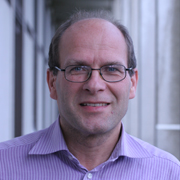 |
Lars Stoumann Jensen M: lsj@plen.ku.dk Ph: +45 35 33 34 70 |
Funding
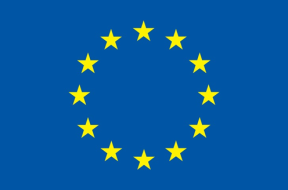
“This project has received funding from the European Union’s Horizon 2020 research and innovation programme under the Marie Sklodowska-Curie grant agreement No.860127”
Project: FertiCycle
Duration: 1 Jan 2020 – 31 Dec 2023
Network
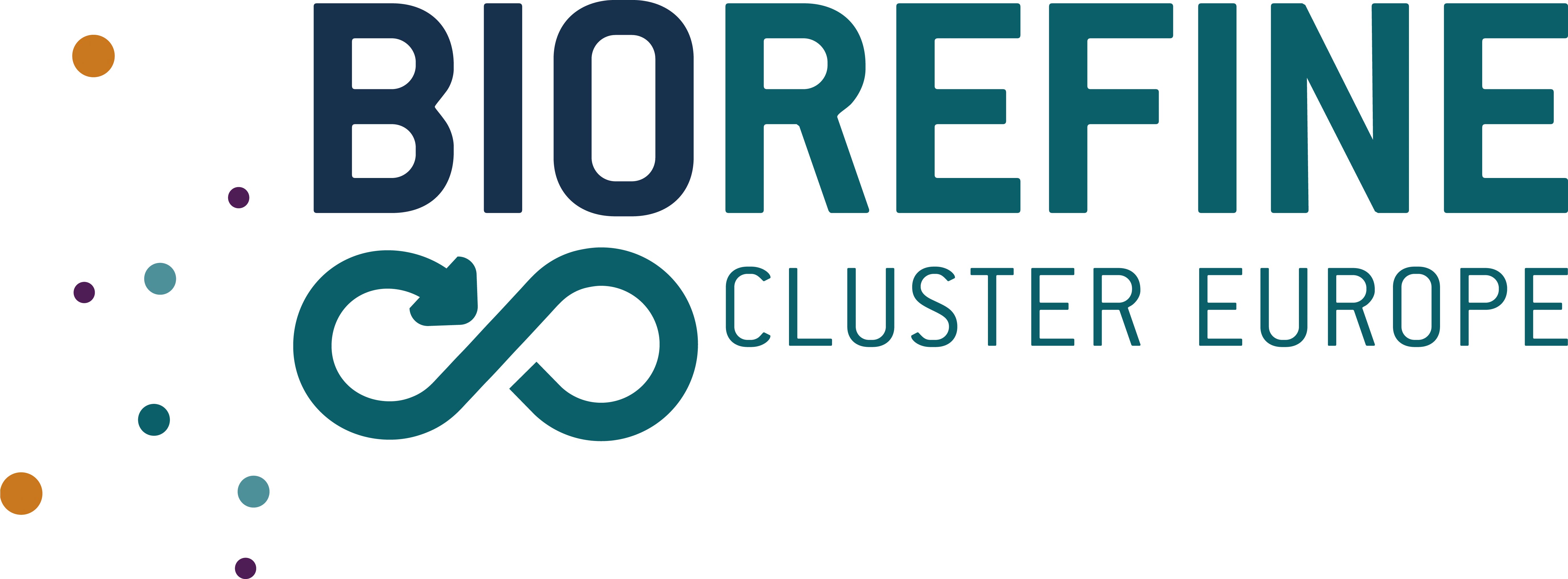
This project is part of the BioRefine Cluster, an organisation that interconnects projects and people within the domain of biobased resource recovery, striving to contribute to a more sustainable resource management. For more information go to there website at www.biorefine.eu/.
